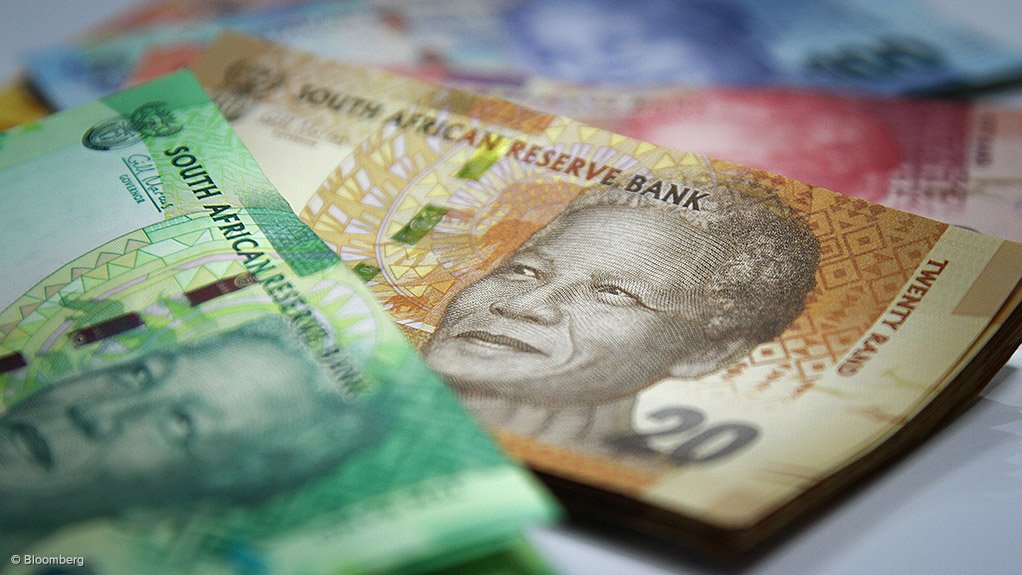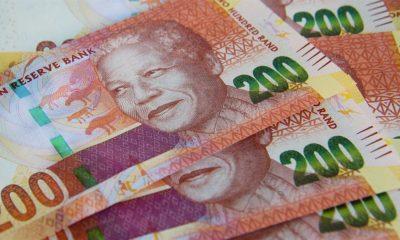Business
South African Rand Extends Drop Amid Trump Tariffs and GNU Crisis

The South African rand continued its slide on Friday, April 4, tumbling to its weakest level since mid-January as Donald Trump’s new tariffs and fears over the collapse of South Africa’s coalition government sent shockwaves through financial markets.
By 08:40 GMT, the rand had slumped to R19.12/$, down nearly 2% from Thursday’s close. This brings the weekly loss to more than 3% against the U.S. dollar, with even bigger losses recorded against the euro and British pound.
Markets Enter Risk-Off Mode
President Trump’s announcement of a baseline 10% tariff on all imports into the United States—with South Africa hit with a 30% tariff—has spooked global markets. Investors are rapidly moving away from riskier assets like the rand in favor of safe-haven investments like U.S. bonds and gold.
The concern is that a widening global trade war could derail economic growth and trigger higher inflation, adding pressure on already fragile emerging markets.
South Africa’s vehicle exports, metals and citrus fruit sectors are particularly vulnerable to these new duties, which could hurt the country’s trade balance and growth outlook in 2025.
GNU on the Brink as DA Considers Exit
Adding fuel to the fire is local political instability. The Democratic Alliance (DA)—the second-largest party in South Africa’s Government of National Unity (GNU)—voted against the national budget’s fiscal framework and revenue proposals earlier this week, breaking ranks with the African National Congress (ANC).
This public split has sparked speculation that the DA may exit the coalition, a move that would further weaken investor confidence in the country’s political stability.
Reports suggest that some in the ANC are also lobbying for the DA’s removal, deepening the crisis and clouding the future of the coalition just a year before the 2026 national elections.
Stocks and Bonds Take a Hit
The uncertainty hit South African financial markets hard:
-
The Top-40 index (.JTOPI) fell by 2.5%, as investors dumped local equities.
-
The benchmark 2030 government bond yield climbed 9.5 basis points to 9.32%, signaling higher risk premiums and inflation fears.
Economists warn that unless clarity is restored on both the coalition front and South Africa’s global trade prospects, the rand could face continued pressure in the weeks ahead.
{Source Reuters }
Follow Joburg ETC on Facebook, Twitter , TikTok and Instagram
For more News in Johannesburg, visit joburgetc.com



























